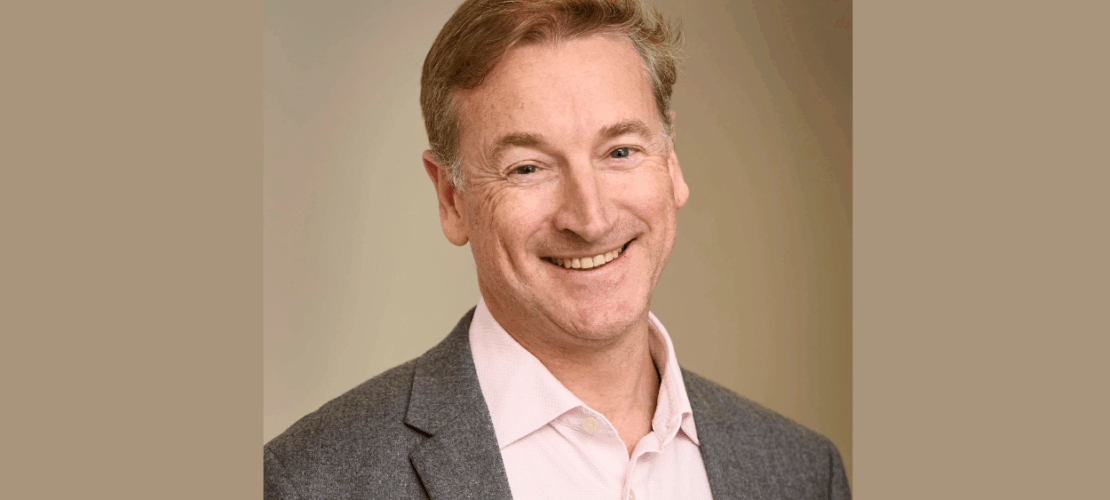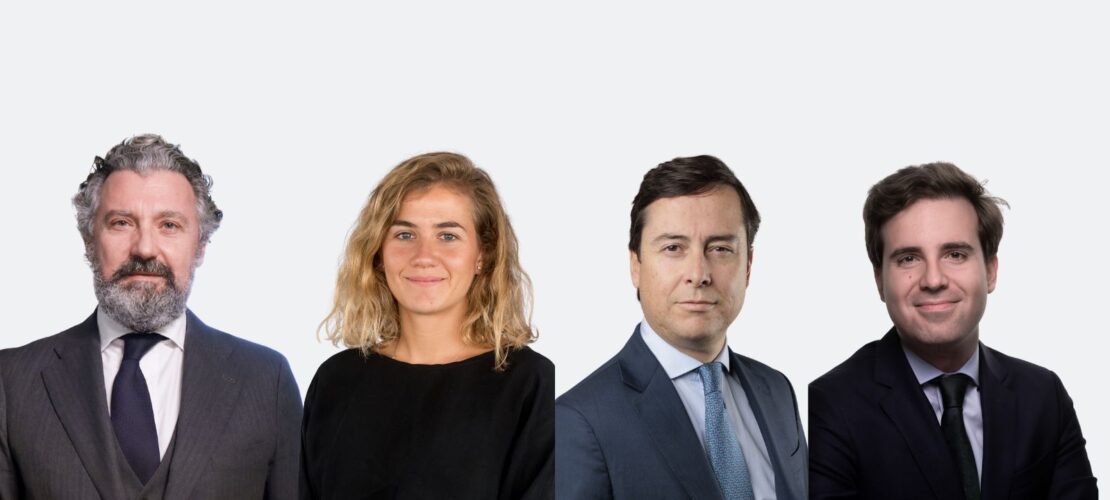Miranda: new lead, new strategies
The firm’s newly elected managing partner, Nuno Cabeçadas discusses technology, ESG, and cross-border opportunities as growth drivers
by glória paiva
Nuno Cabeçadas took over as managing partner of Miranda in July, succeeding Diogo Xavier da Cunha after ten years of leadership. With 23 years at the firm, since joining as a trainee, he is a banking and finance specialist who has advised on major projects and transactions. Africa, a cornerstone of the firm’s strategy, was also a defining influence on his career: he spent six years in Maputo on secondment with Miranda Alliance, an experience that shaped him both personally and professionally.
A partner since 2013 and board member since 2021, Cabeçadas now leads Miranda through a governance restructuring that strengthens the link between strategy and operations. Daily management is entrusted to a new Executive Committee, comprising Cabeçadas, Nuno Gouveia and Sofia Martins, while an Ethics and Risk Committee chaired by Ana Pinelas Pinto reinforces the institutional framework. In this exclusive interview with Iberian Lawyer, Cabeçadas sets out his priorities: building a digital culture, investing in young lawyers, and boosting business development in an increasingly competitive market.
What are your main strategic priorities as managing partner?
I see three main priorities. The first is technology: the challenge is not deploying tools, but creating a digital culture across the firm, where people feel comfortable using them. That’s what turns software into transformation, and it matters because clients expect speed, efficiency and new ways of delivering value. The real priority is not just adopting technology, but embedding innovation into the way we think and work. The second is people. The future of Miranda depends on how we invest in our younger lawyers, giving them the same opportunities to learn and grow as I had 25 years ago. Beyond technical skills, clients want lawyers who understand business, different cultures and judgment—something only achieved through structured training and mentoring. The third is business development: clients now look not just at reputation, but at who shows sector knowledge, communicates value and is present in the right processes.
Miranda has a well-established presence in several African countries. What opportunities and challenges do you see for strengthening this position in the coming years?
Africa is where we see the biggest opportunities: the demographic and economic trends are extraordinary. By 2050, the African workforce will be larger than the combined workforces of China and India. That will drive demand for infrastructure, energy, natural resources, technology, healthcare and services at a scale that few other regions can match. For Miranda, this is not new territory: we have been present on the ground for almost 40 years. Clients want advice that is technically sound but also realistic in the local context, and we are one of the very few law firms that can deliver both consistently across so many jurisdictions. So when I look ahead, I see Africa as central to our growth.
Is the firm planning to expand into new markets or strengthen its presence in any specific jurisdiction?
We are always attentive to new opportunities, whether that means reinforcing our presence where we already are or looking at new markets. For us, expansion has to be driven by client needs and by the ability to deliver quality and consistency on the ground.
…












